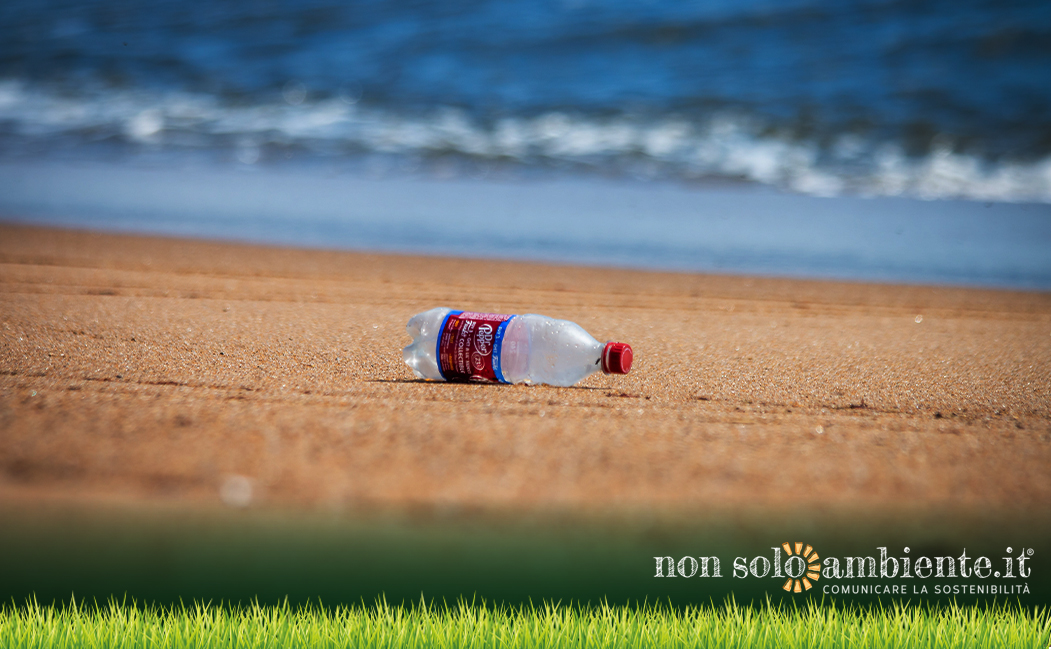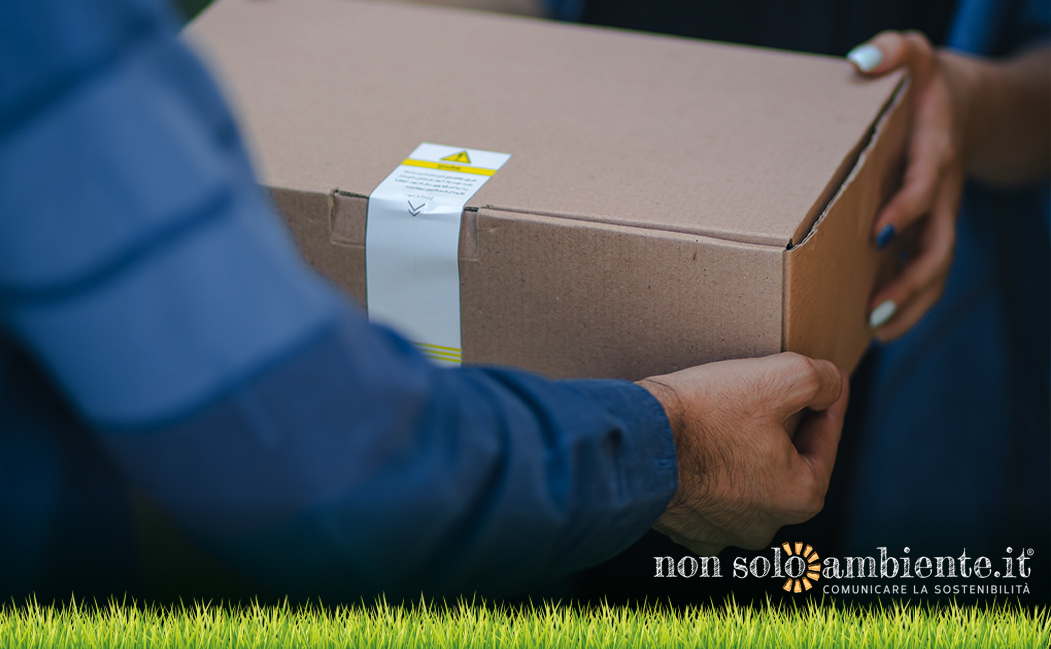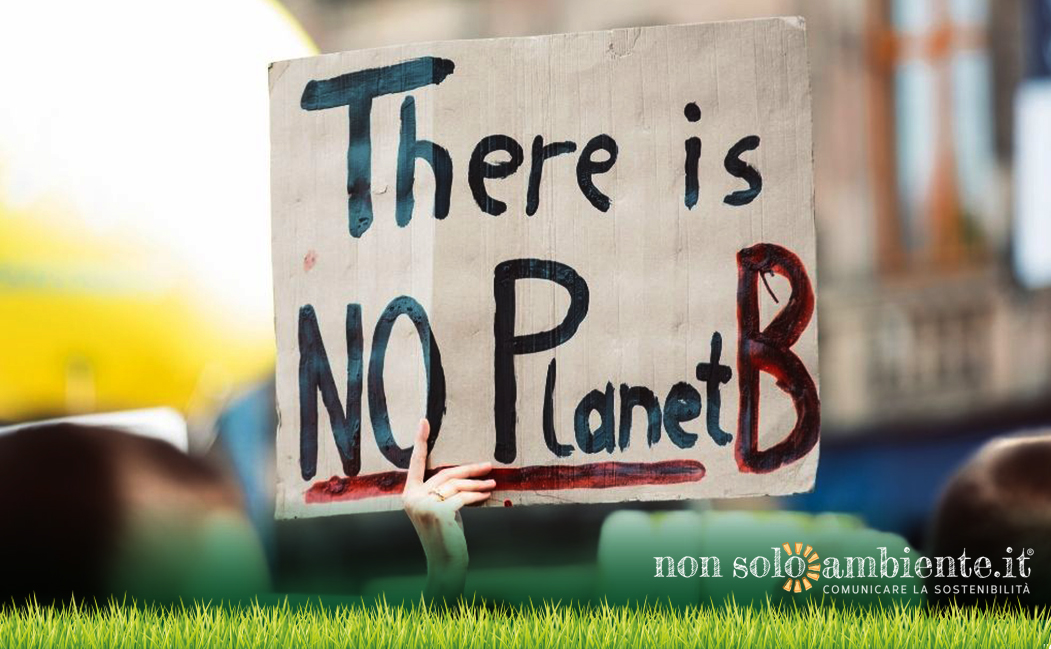
Ultime Notizie

According to UN estimates, 8 million tonnes of plastic end up in the sea every year, with devastating environmental consequences. A decisive and solid response must make a difference.
In this regard, Italy joined the European Plastic Pact in Brussels on March 6th, to promote a strategy about reusing and recycling through innovative solutions. The purpose is to accelerate the transition to the circular economy.
The Pact was launched in 2019 by the Netherlands and France to bring together governments and companies, to make them pioneers in the search for cutting-edge measures for plastics management. Countries are formally committed to action in four key areas: firstly, the circular design of plastic products and packaging. Secondly, the responsible use of plastic. Then, plastics recycling, and finally, the use of recycled plastic.
"We are strongly committed to the European Plastics Pact," commented Italian Environment Minister Sergio Costa. "We are convinced that such a complex issue as plastics, and the fight against plastic pollution, need common tools among European countries."
In this way, we want to share at European level targets, tools and innovations which can make a difference. Investments in waste collection and recycling infrastructure, supportive fiscal policies, consumer awareness-raising actions: these are the voluntary initiatives that most governments are called upon to undertake as part of a coalition aimed at achieving far more ambitious targets than current EU regulatory references.
"The Pact is an interesting tool to better address the plastics cycle, from product design to production to proper recycling," continued Costa. "On the other end, we are already fully active at national level. We are working with the relevant ministries on a national plan on sustainable plastics. The Ministry of the Environment's plastic-free campaign has had a large number of memberships, including that of the Quirinale. The 'Save' act, already passed in the House, is essential to rid the sea of waste and plastic. In the climate, there are ad hoc funds for plastic-eating machines. They are all pieces to counter disposable plastics and plastic packaging. Reducing waste and recycling existing waste is the basis for our future."
Tags:
Potrebbero interessarti ...
Snam’s commitment to sustainability at Dubai Expo 2020
13 Ottobre 2021No more chocolate by 2050 because of extreme droughts effects
22 Settembre 2021How much CO₂ do urban forests absorb?
15 Settembre 2021Iscriviti alla nostra Newsletter!
Sei un sostenitore dell'ambiente in tutte le sue forme? Allora sei nel posto giusto!
Iscriviti subito!




